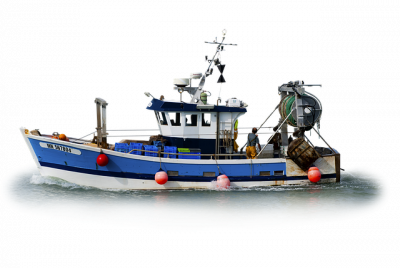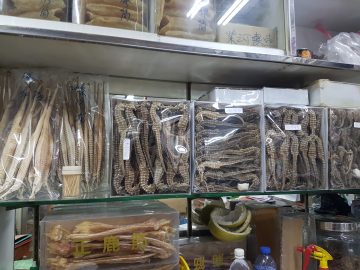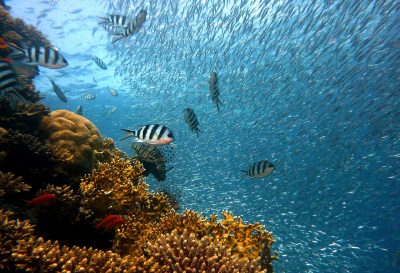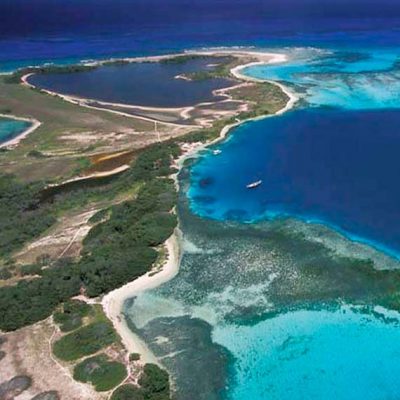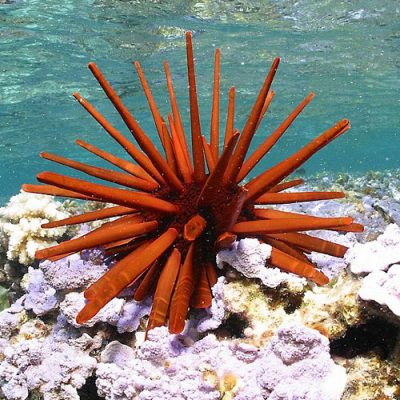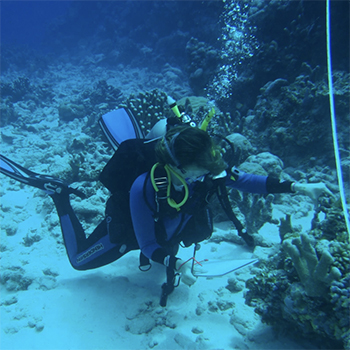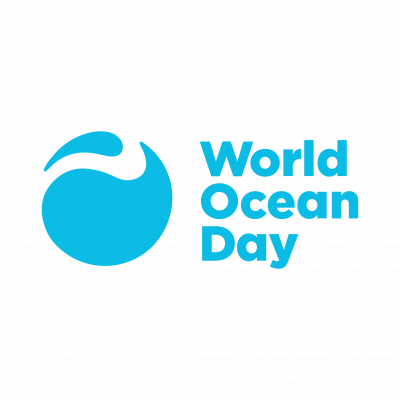New FCRR: Understanding the fishers to change the fishery in the bottom trawl industry in India
The report unravels the drivers and motivations that entice fishers and the fishery to start, engage in, and stop bottom trawling in India. Understanding the nuances within communities rather than viewing them as one entity is paramount for designing equitable policies. Moreover, the study highlights a pressing reality: fishers do not always want to fish and are sometimes forced to remain in the bottom trawl industry. Recognizing and addressing these insights are paramount in effectively constraining bottom trawling.
New FCRR: Implementation of CITES Appendix II listing for seahorses in the context of export bans and suspensions
Despite measures taken by the Convention on International Trade in Endangered Species (CITES), most dried seahorse exports appear to have gone underground, and smuggling is now the norm. The report explores the many reasons driving this illegal trade and then identifies ways forward.
Specific combinations of ocean protection, beneficial for ecology and socio-economic futures
MPAs must be carefully designed using ecosystem approaches that incorporate fully and partially protected areas without interfering with the right to fish for those whose livelihoods are dependent on access to marine areas and fish stock.
Paper Park Index helps identify 55 unprotected marine protected areas
Most of the ‘paper parks’ – or MPAs that fall short of safeguarding marine biodiversity – are located in Latin America and the Caribbean.
Local stakeholder involvement key to understanding protection level of MPAs
Knowledge provided by local non-governmental organizations, academics, civil servants, journalists, and fishers can be valuable for evaluating the effectiveness of countries’ marine protected areas.
IOF professors head to United Nations Ocean Conference
Dr. William Cheung & Dr. Rashid Sumaila are off to Portugal for the United Nations Ocean Conference (UNOC), being held June 27 to July 1. Will participate in special side event: Fisheries Management as Climate Action, on June 26.
‘Sticky questions’ raised by study on coral reefs
Study found coral in more polluted and high traffic water handled extreme heat events better than a more remote, untouched reef.
World Ocean Day – Dr. Gabriel Reygondeau
Asking countries to carry an equal share of the load may be tidy from a legislative perspective, but it doesn’t do much for biodiversity
2021 World Ocean Day – Dr. Jacqueline Maud
Marine protected areas aim to preserve ecosystem health in the oceans from the top down; Maud’s research looks at the ecosystem more from the bottom-up, and thinks that MPAs can “be tricky.”
2021 World Ocean Day – Dr. Sarah Foster
One way to help seahorses thrive is to secure their habitat using marine protected areas (MPA). However, MPAs aren’t always as protected as the name implies.
